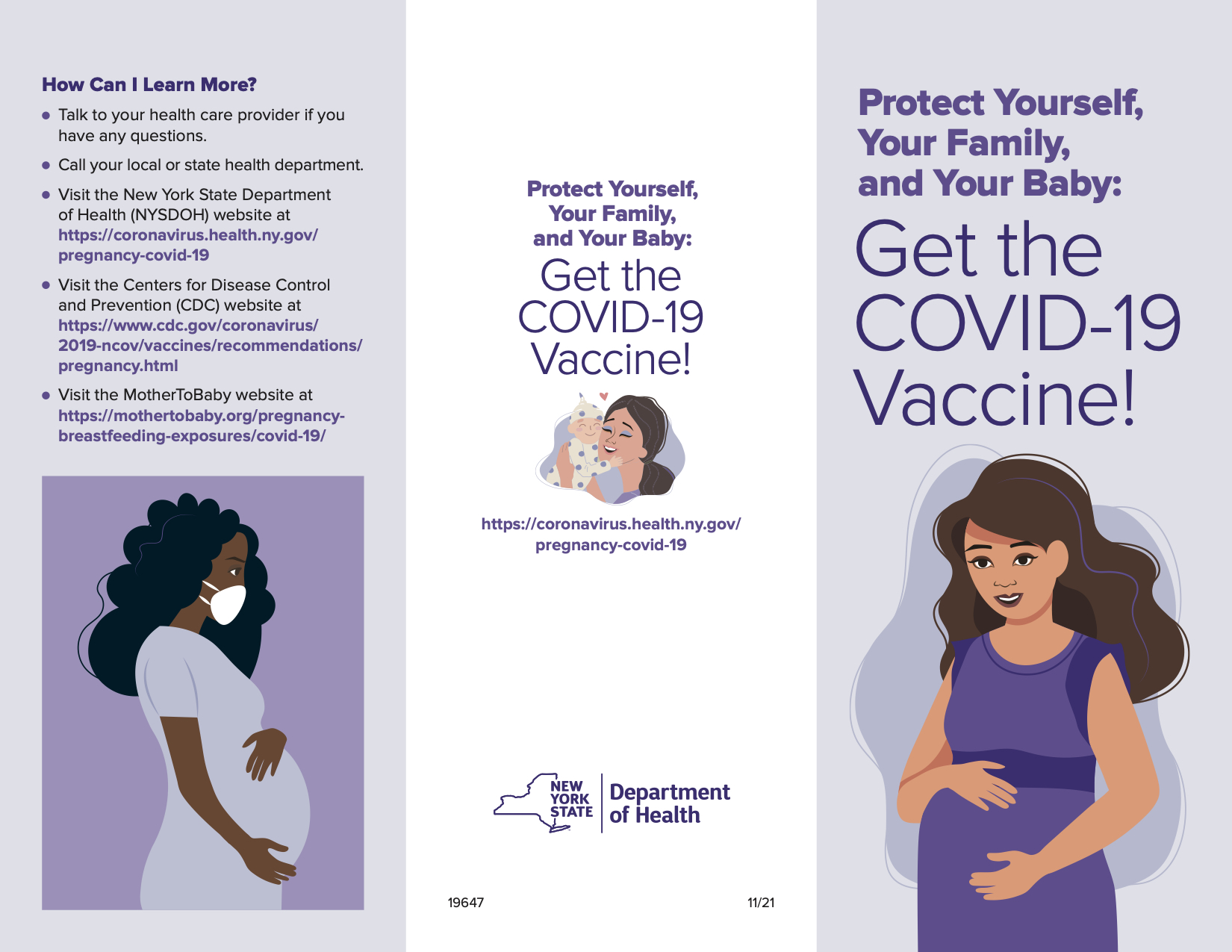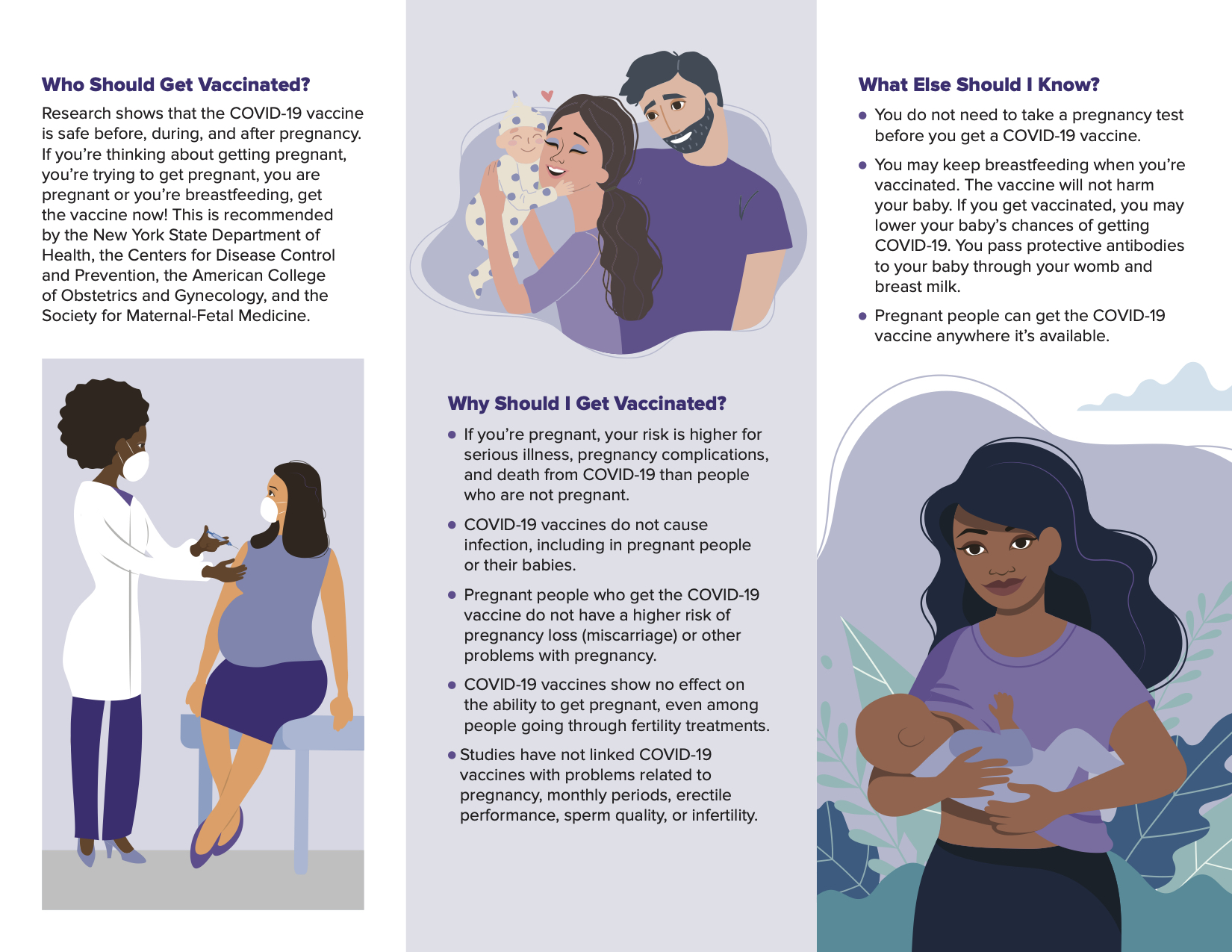Precautions & Suggestions for COVID-19
COVID-19 (coronavirus) has upended our society and temporarily changed the way we go about our daily lives. COVID-19, which causes an upper respiratory infection, is actually a weak virus that is easily eradicated through proper washing and sanitizing. It is, however, easily transmissible and devastating to immunocompromised individuals: the elderly and individuals with other underlying conditions such as heart disease, diabetes, obesity, lung disease, and those undergoing chemotherapy. The healthier members of our society need to protect those most at risk by following the recommendations of the Centers for Disease Control (CDC).
Viruses are generally spread through air droplets or contact. COVID-19 spreads by both methods so it is imperative to carefully follow the recommendations of the CDC.
- Clean your hands often with soap and water or a sanitizer
- Avoid close contact with people who are sick
- Stay home if you are sick
- Cover coughs and sneezes
- Wear a face mask if you are sick
- Clean and disinfect surfaces frequently touched
- Wear a mask in public spaces
- Maintain a 6-foot distance between you and others
- Quarantine for 14 days if you have traveled from a hot spot
Click here for a guide on how to properly wash your hands to prevent the spread of infectious diseases.
- Since COVD-19 is a new disease, much remains unknown about the transmission during pregnancy. According to the CDC, no infants born to mothers with COVID-19 have tested positive for the COVID-19 virus. In these cases, which are a small number, the virus was not found in samples of amniotic fluid or breastmilk.
- The CDC issued interim guidelines about COVID-19 based on current knowledge about the virus and the transmission of other viral respiratory infections. In limited studies with COVID-19 and another coronavirus, Severe Acute Respiratory Syndrome (SARS) the virus has not been detected in breastmilk.
- Breastmilk has so many protective benefits that when a mother has the flu, the CDC recommends to continue to breastfeed or to provide expressed breast milk by pumping while taking precautions to protect her infant from the virus. This includes frequent hand washing and wearing a mask while feeding at the breast. If pumping, it is recommended to sanitize the pump daily for extra protection.
- Help other moms and babies! If you or your baby had COVID-19, the COVID Mothers Study would like to hear about your experiences. Take the 8-minute survey.
The Human Milk Banking Association of North America (HMBANA) is the umbrella organization for the 29 nonprofit milk banks in North America, it has issued a statement on COVID-19.
Human milk is considered a tissue in New York and NYMB must follow the guidelines of three agencies: HMBANA, the Food and Drug Administration and the New York State Department of Health (NYSDOH). HMBANA establishes the guidelines for the operation of milk banks.
The New York Milk Bank (NYMB) follows these guidelines in addition to following the regulations established by NYSDOH in their Blood and Tissue Resource Program and the food safety guidelines by the Food and Drug Administration.
Becoming a donor is a vigorous process that includes a thorough screening and lifestyle review. Travel restrictions apply and donors must have their blood tested for infectious diseases such as HIV, HTLV, Hepatitis B, and C and syphilis. Milk is then pasteurized and tested for bacteria before it is distributed. The pasteurization process (62.5ºC for 30 minutes) inactivates similar viruses such as SARS and Middle East Respiratory Syndrome (MERS).
The New York Milk Bank will continue to monitor developments of COVID-19 to ensure the safety and quality of our milk and to protect our milk supply. Donor milk is distributed primarily to the most vulnerable infants: premature and sick babies. We encourage women to continue to donate their extra breast milk by filling out a form on our website or calling our office (212-956-6455) to begin the screening process. NYMB is dedicated to ensuring that donor milk continues to be available to all babies who need it.
Julie Bouchet-Horwitz, FNP-BC, IBCLC
President of Board of Directors
The New York Milk Bank
Breast Milk & COVID-19 Surveys and Resources
- Academy of Breastfeeding Medicine: Considerations for COVID-19 Vaccination in Lactation
- American College of Obstetricians and Gynecologists: Vaccinating Pregnant and Lactating Patients Against COVID-19
- CDC: Vaccination Considerations for People who are Pregnant or Breastfeeding
- CDC: Vaccination Safety for Breastfeeding Mothers
- The COVID Vaccine and Pregnancy: The Facts
- How the Pfizer-BioNTech Vaccine Works
- Human Milk SARS-CoV2- Antibodies up to 6 Months After Vaccination
- Infant Risk Center: Breastfeeding and the COVID-19 Vaccine
- Society for Maternal-Fetal Medicine Statement: SARS-CoV-2 Vaccination in Pregnancy
If you are considering becoming pregnant, are pregnant, in the postpartum period or lactating, protect yourself, your family, and your baby: Get the COVID-19 Vaccine!

If you need this brochure translated into Arabic, Bengali, Chinese Simplified, Haitian Creole, Italian, Korean, Polish, Russian, Spanish, or Yiddish, please email us and we will provide the translated brochure.

